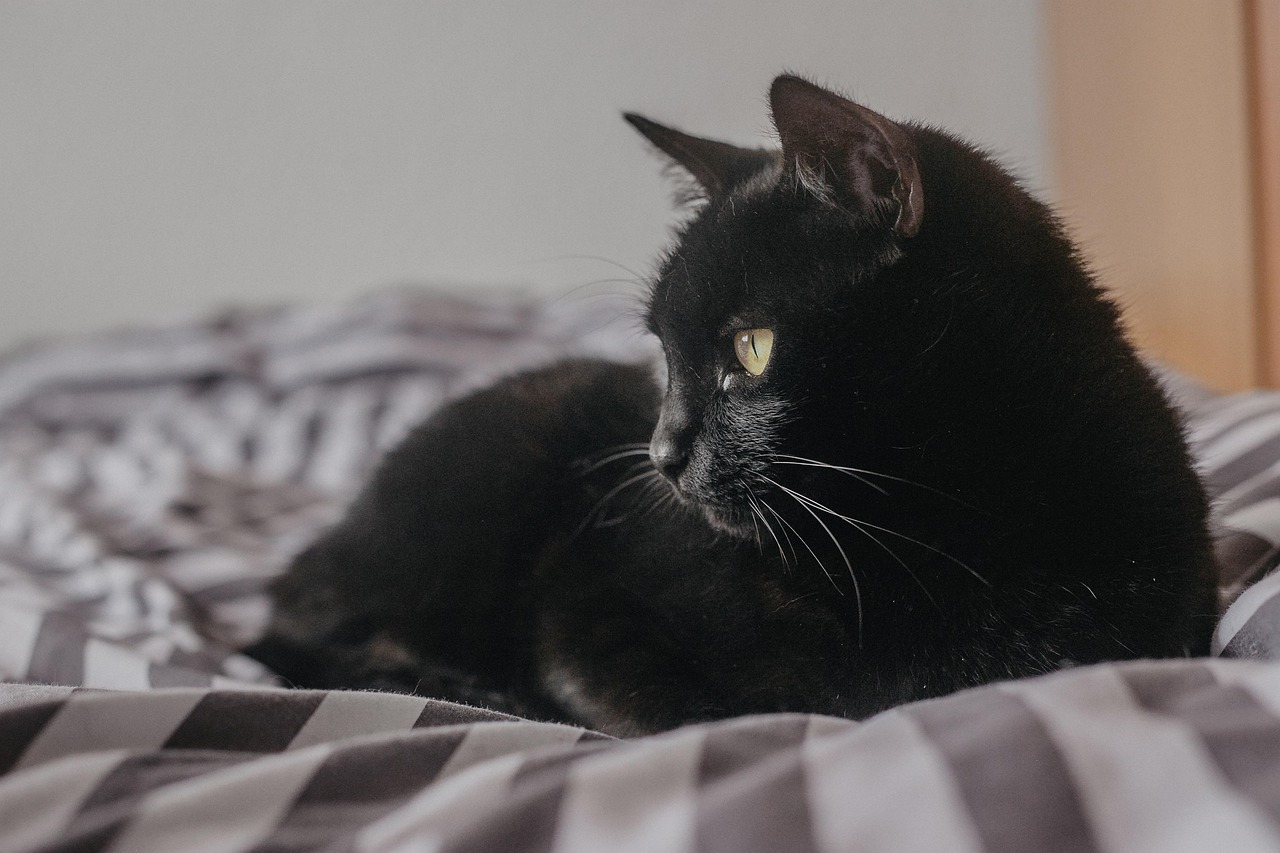Across the United States, animal laws stretch from clear cruelty protections to local quirks that sound like small town legends. Buried in state codes and county books are rules born from floods, parades, hunting mishaps, and one bad night at the fair. Some still see active enforcement, while others sit mostly as curiosities that lawyers mention with a smile. Taken together, they show how communities wrestle with shared spaces, public safety, and the unpredictable behavior of living creatures, decade after decade.
Arizona: Donkeys Are Banned From Bathtubs
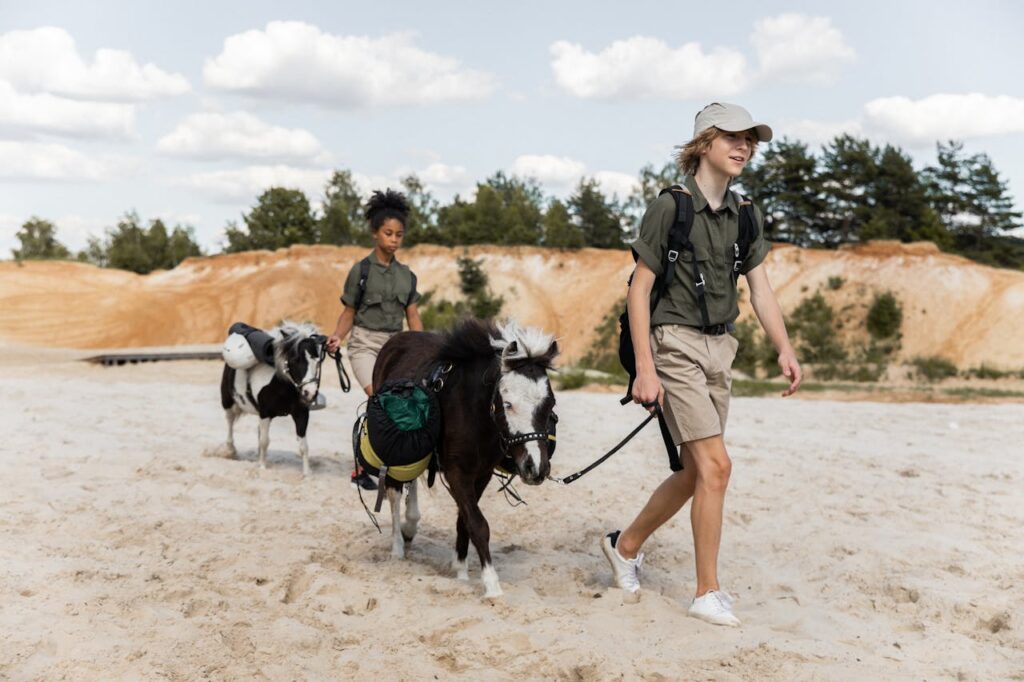
Arizona is famous for a rule that keeps donkeys out of bathtubs, often linked to a ranch tub washed away during a sudden flood. Rescuers had to haul out one stubborn animal, soothe a furious owner, and repair damaged property, so lawmakers decided they never wanted that scene again. Today the rule mostly lives on as stubborn legal folklore, proof that one chaotic night with livestock can echo through a state statute long after everyone forgets the details.
Nevada: No Camels On The Highway
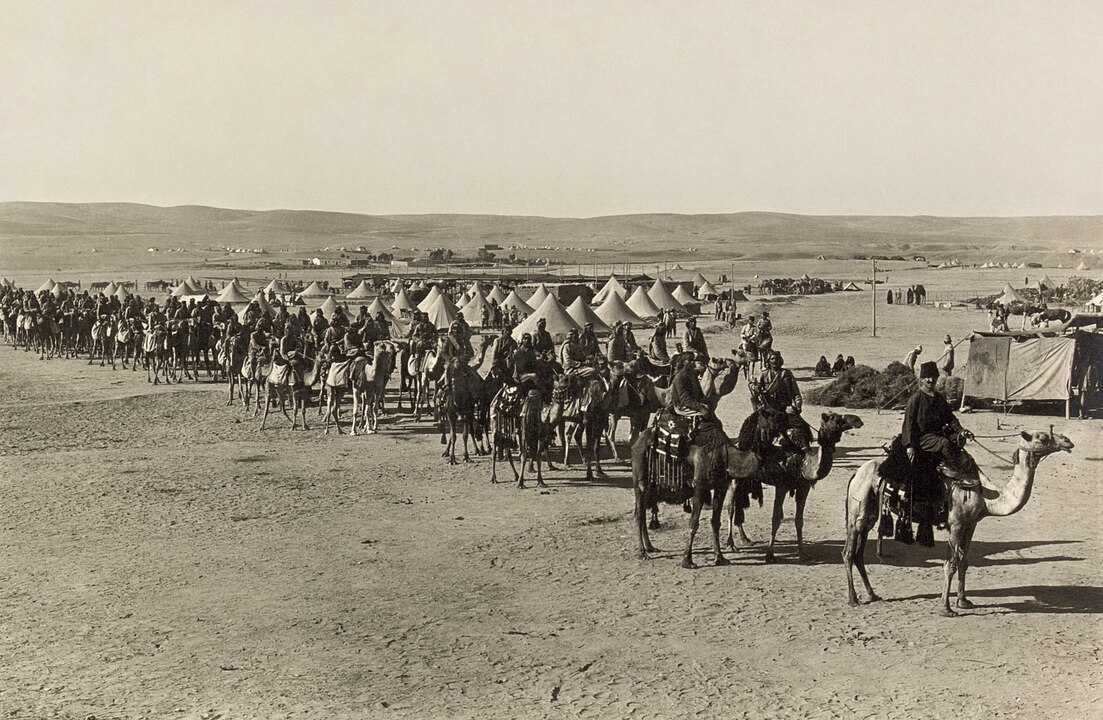
Nevada’s desert history includes a law aimed at keeping camels off public highways, a leftover from experiments that tried to use them as transport animals in the arid West. Once cars and freight trucks took over, wandering or ridden camels turned from novelty to hazard. The rule drew a bright line between livestock and modern traffic. Now it mostly survives as an odd reminder that the state once imagined a camel powered future before the automobile made that idea look absurd.
Alaska: No Alcohol For Moose
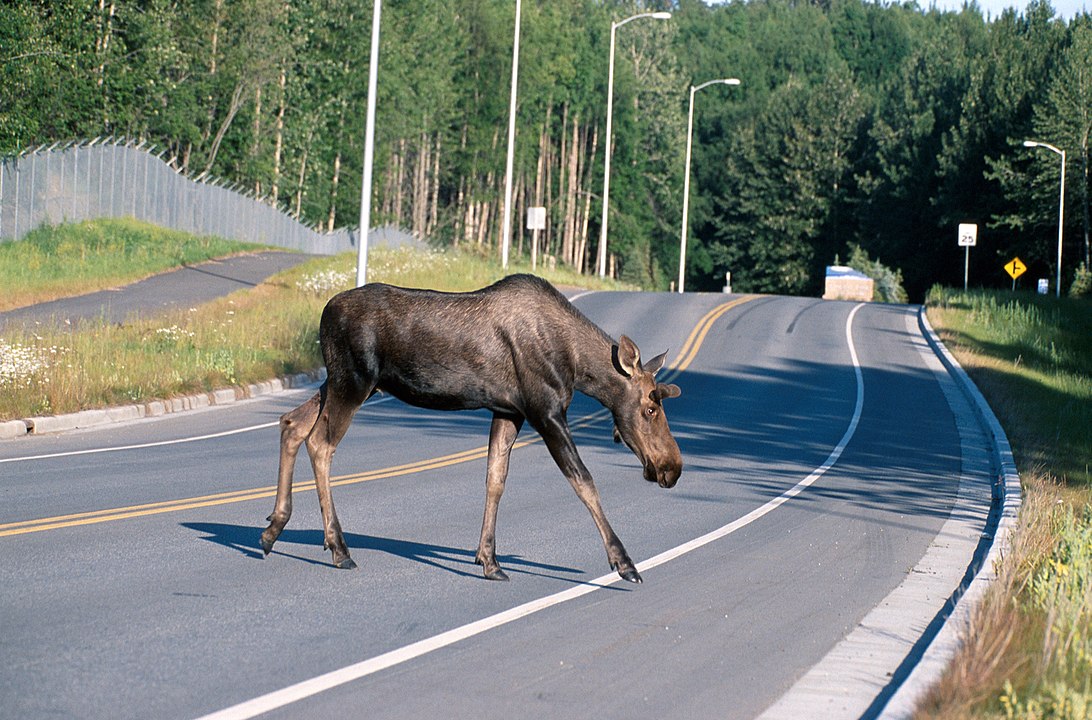
In parts of Alaska, giving alcohol to a moose is treated as a real problem, not a joke. Stories tell of moose that became drunk from fermented fruit or careless humans, then stumbled through neighborhoods and damaged property. Local officials saw that a confused half ton animal was not funny for anyone involved, especially first responders. The rule treats intoxicated wildlife as a public safety risk and quietly reminds residents that curiosity about what might happen is not a defense.
California: Frog Jumping Comes With Rules

California celebrates small town frog jumping contests, but the state also wraps those events in strict regulations. Frogs used in competitions must be treated humanely, and any that die are supposed to be destroyed rather than eaten or sold as food. The idea is simple; turn a quirky tradition into a controlled event that does not slide into cruelty or unregulated meat sales. A lighthearted fairground spectacle ends up backed by surprisingly serious language in the state code.
Minnesota: Greased Pig Contests Are Illegal
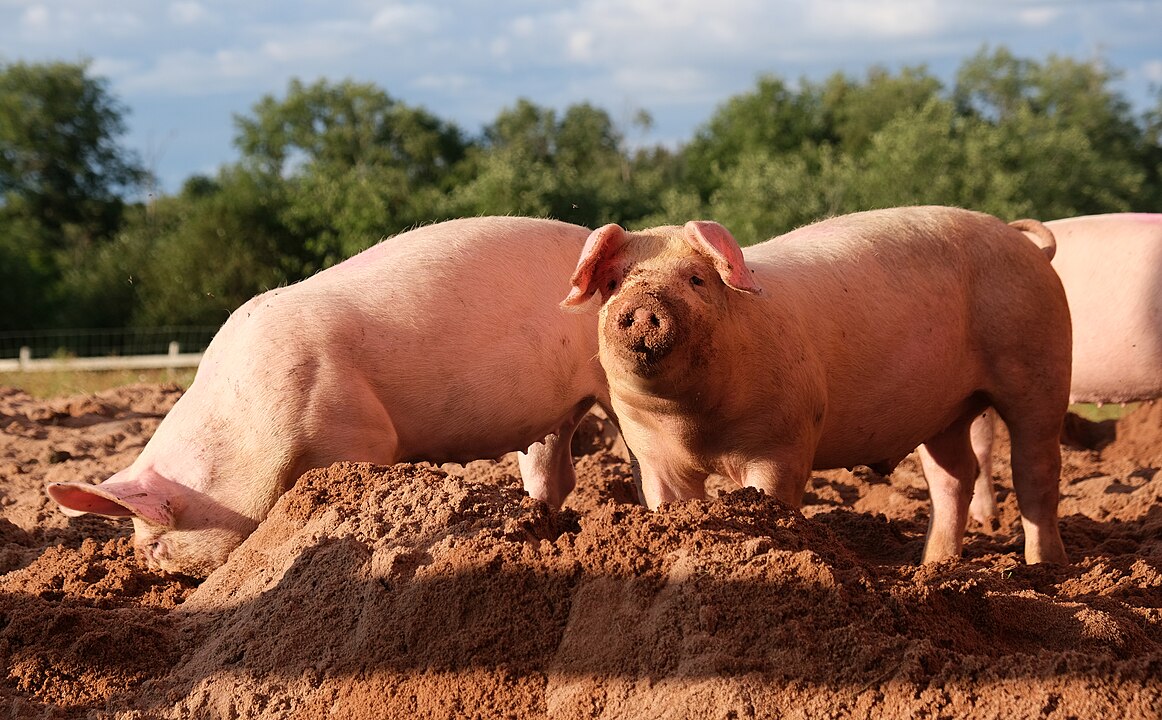
Minnesota takes direct aim at certain old style fair games by banning greased pig contests and turkey scrambles. The law makes it a crime to chase terrified animals around an arena just for laughs, even if the event is wrapped in nostalgia. Lawmakers recognized that the spectacle is built on fear and stress rather than skill. As communities rethink what counts as acceptable entertainment, this rule stands as a clear statement that some traditions do not deserve a second act.
Washington: Bigfoot Gets Legal Protection
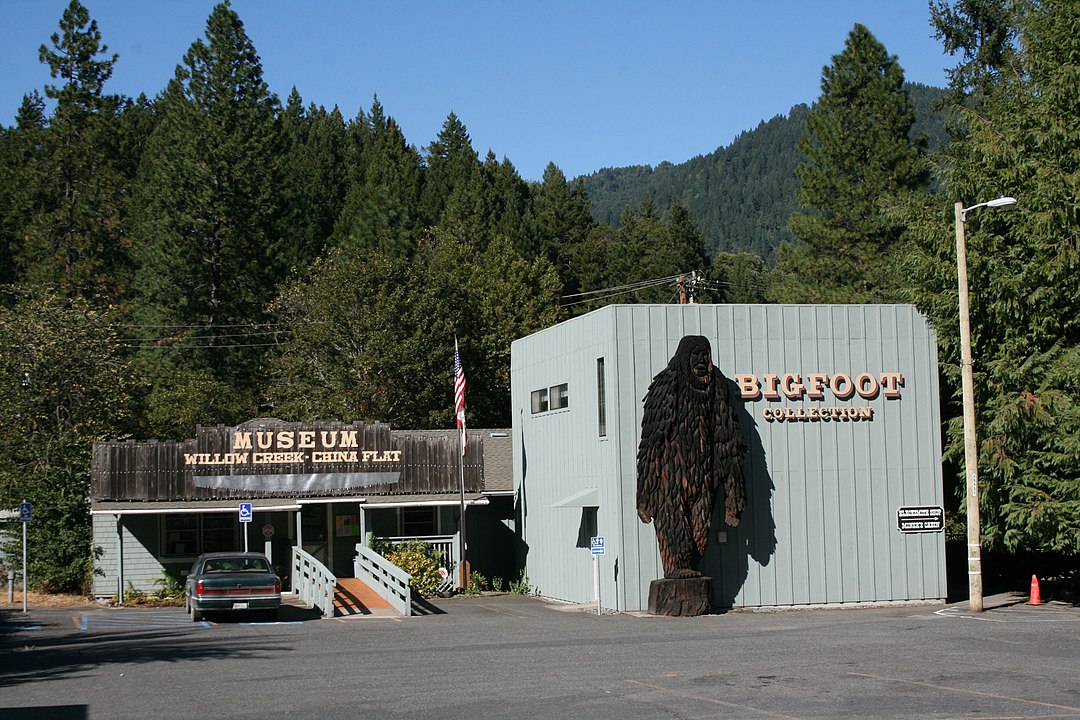
In one Washington county, Bigfoot is treated almost like an endangered species. Local ordinances discourage or even criminalize killing a creature that fits the classic Sasquatch description. Officials were responding to hunters tromping through the forests with heavy weapons, using legend as an excuse to roam and shoot. By putting mythical wildlife into the code, the county aimed to protect both real animals and curious people. It also embraced a local story that draws visitors into its misty woods.
California: Ferrets Are Still Off Limits

California keeps a tight grip on which animals count as acceptable pets, and ferrets remain on the wrong side of that line. State agencies worry that escaped ferrets could hunt native wildlife, form breeding populations, or bite children and visitors. Enthusiasts see playful companions, while regulators see small predators that are hard to track once they slip outside. The ban has sparked petitions and hearings, yet the basic rule has stayed in place, favoring ecological caution over novelty.
West Virginia: Ferrets Cannot Be Used For Hunting

West Virginia law steps in when pet ferrets are turned into hunting partners. Using them to chase or flush out wild animals is prohibited, keeping a clear boundary between traditional working dogs and small domestic carnivores. The rule reflects concern for both wildlife and ferrets, which can be injured or lost underground. It also signals that creative shortcuts in the field are not always welcome, even in a state with strong hunting culture and deep respect for outdoor skills.
Ohio: Stallions Must Mind Public Decency
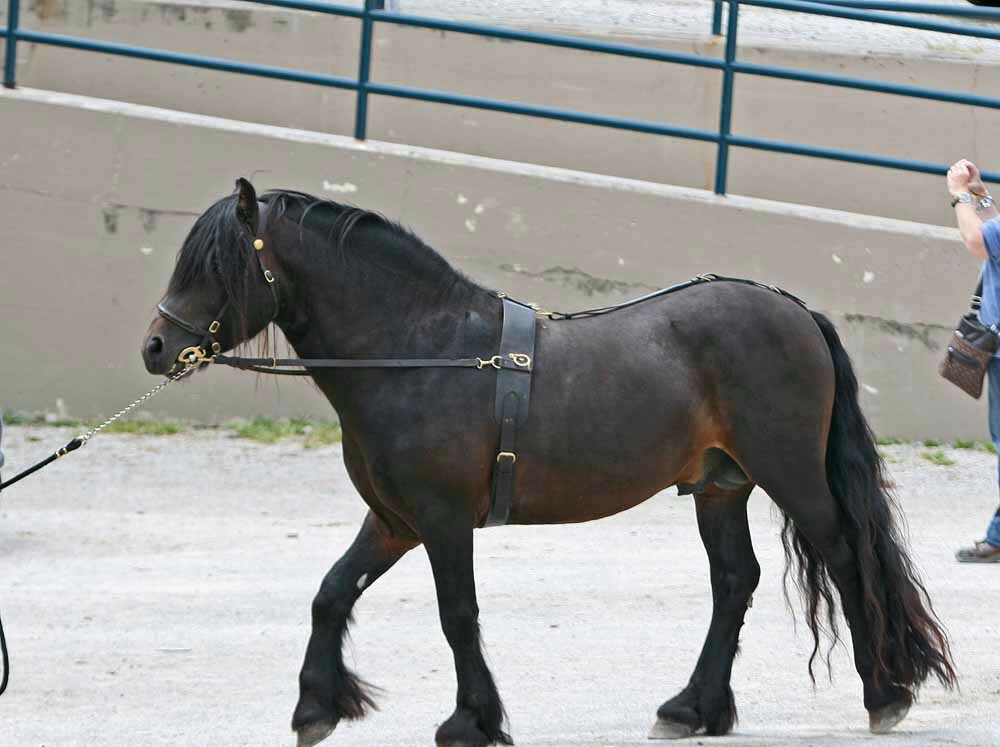
Ohio includes a provision that limits where stallions can mate with mares, especially when public streets or alleys are in clear view. The law grew from older ideas about decency, where even animal breeding was expected to happen away from casual passersby. Town leaders wanted to avoid turning busy roads into awkward viewing points or classroom moments no one had planned. The result is a rule that reads stiff today but still marks the boundary between barn life and main street.
Montana: Trains Come Before Livestock

Montana’s statutes make it illegal to deliberately place animals on railroad tracks in a way that might injure a passing train or disrupt service. The focus is less on cruelty and more on protecting vital infrastructure from sabotage or reckless stunts. Livestock once moved alongside and across rail lines every day, and the law drew a line between normal use and deliberate obstruction. It shows how animal related rules can carry a clear message about economic priorities and public risk.
Virginia: No Hunting Birds Near A Fire
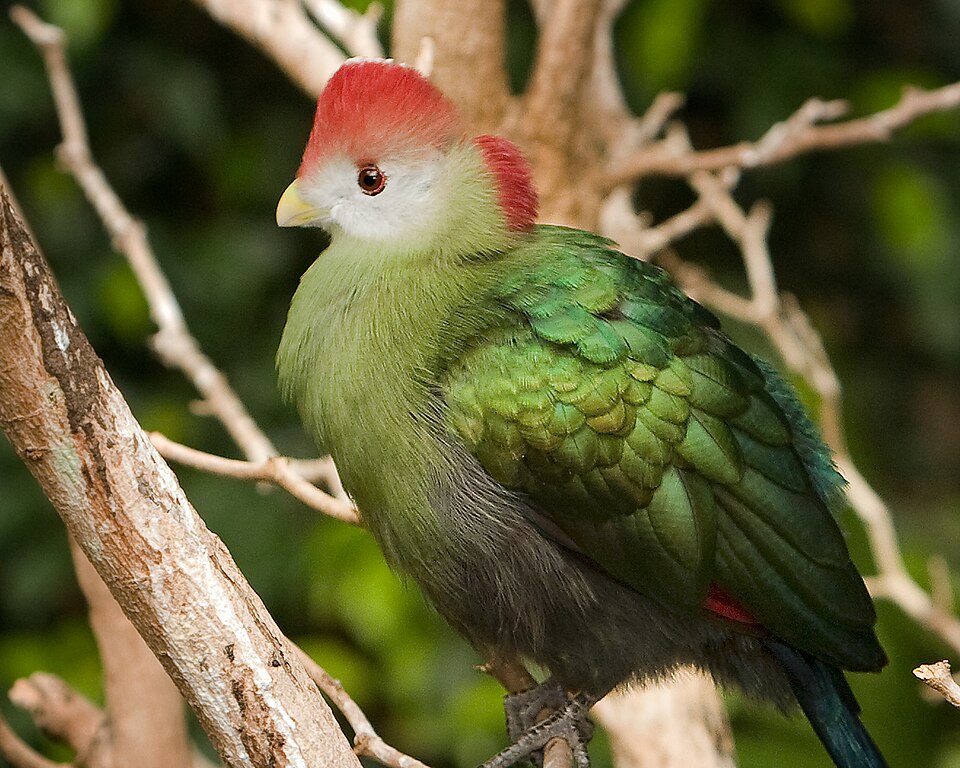
Virginia bars people from taking advantage of wild birds that are fleeing a field or forest fire. Hunting or capturing them in that situation is treated as an offense, even if seasons and licenses would normally allow it. Lawmakers understood that animals driven by smoke and flames have no real chance to escape. The rule insists that fair chase still matters, even for small game, and that disaster should never become an excuse to turn panic into easy sport.
Georgia: Llama Handlers Have Special Coverage
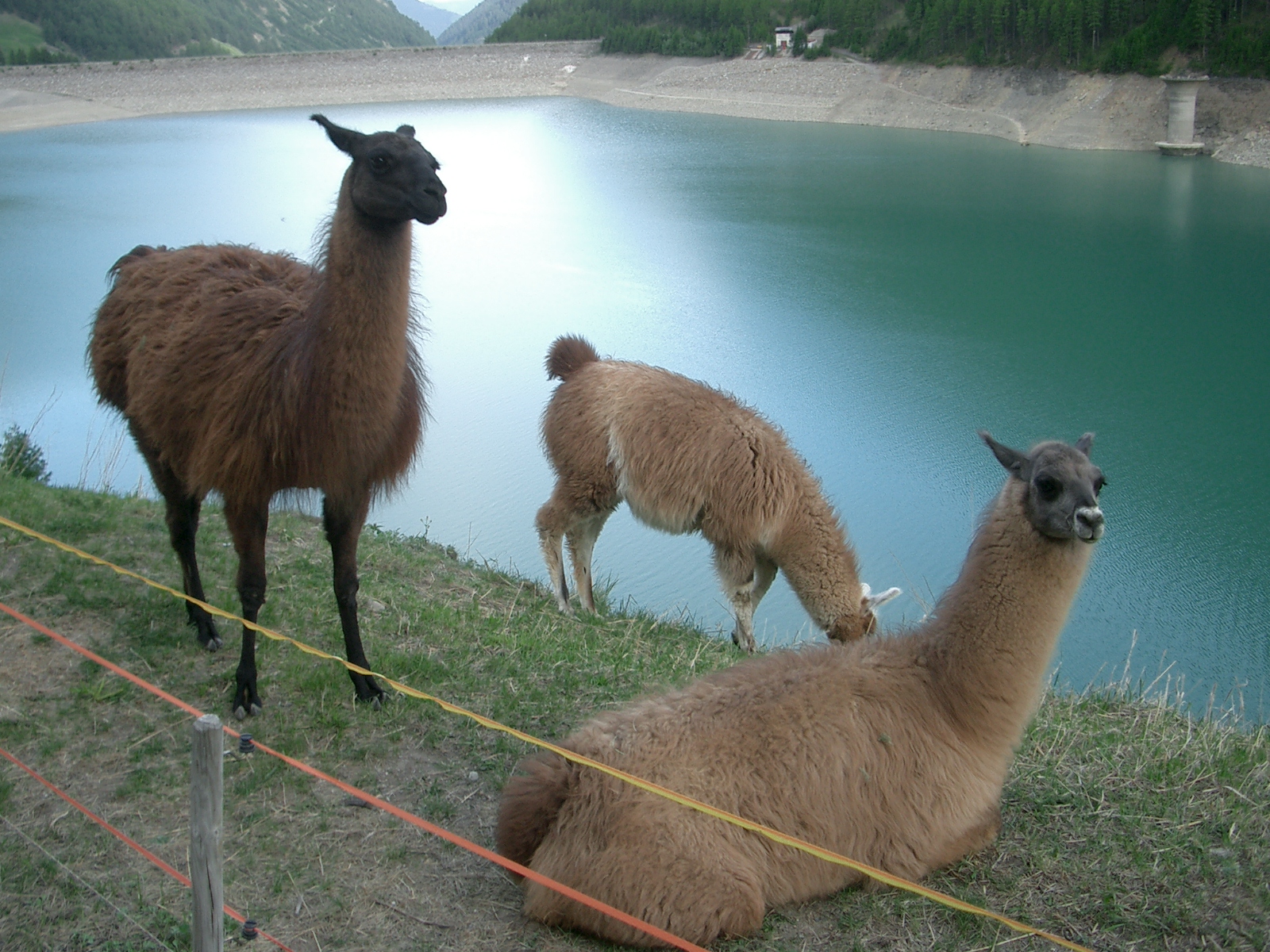
Georgia extends liability protections to people who run llama related activities, from trekking outings to educational farm visits. Participants are told that they accept the basic risks that come with being around large animals that can kick, spit, or startle suddenly. Organizers still must act responsibly, but the statute keeps routine mishaps from turning into constant lawsuits. It treats llamas much like horses in the legal system and quietly acknowledges a niche but growing corner of rural tourism.
Wyoming: Photographing Rabbits Once Needed A Permit
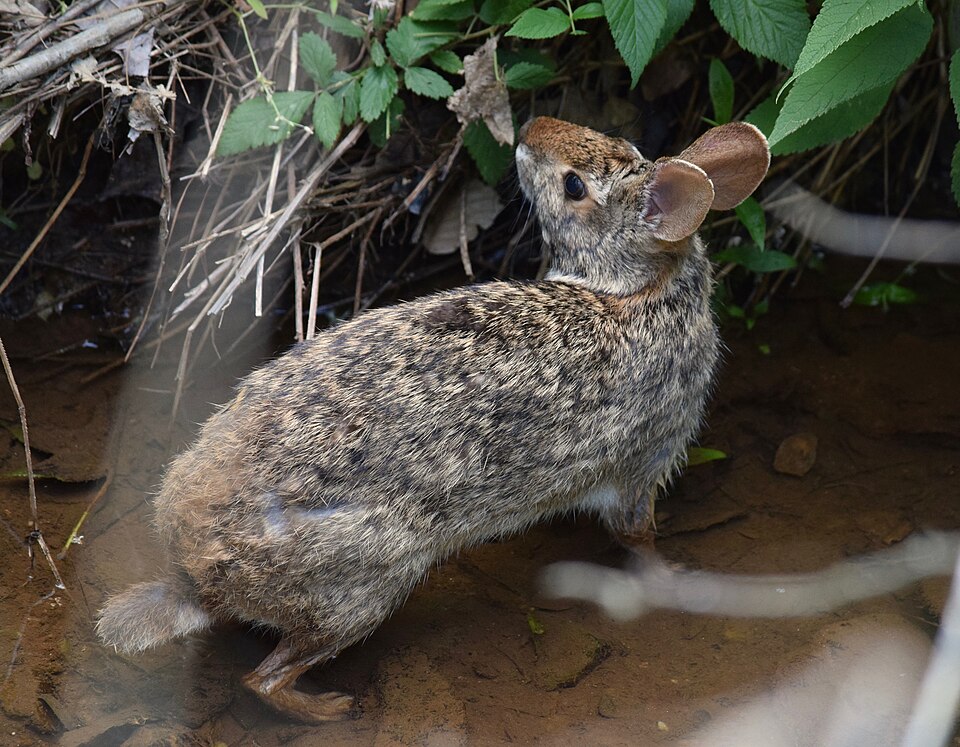
Wyoming once had a rule that required a permit to photograph or film wildlife such as rabbits for commercial purposes during certain months. The law grew from concerns about organized drives that harassed animals just to capture dramatic scenes on camera. Even if later changed, the idea reveals an early awareness that attention seeking crews could stress fragile populations. It shows that strange sounding animal laws often began as serious attempts to slow down new forms of pressure on the land.
